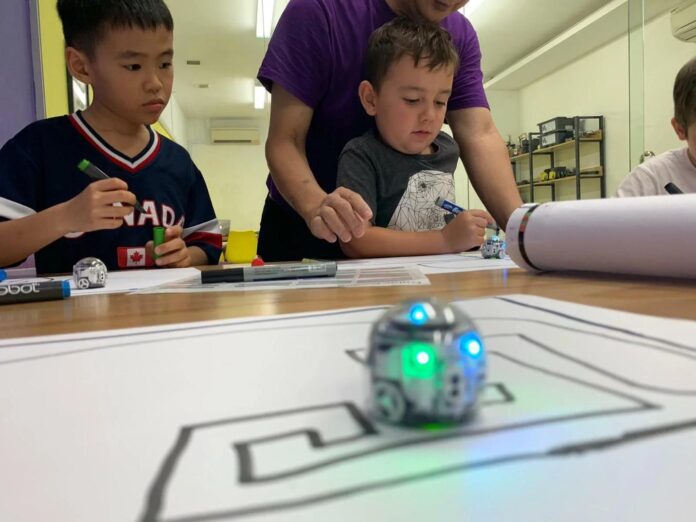When choosing a camp for children, parents try to consider many important aspects. Adults are interested in the safety of their stay, the location and comfort of the base, the activities at the children’s camp. The main requirement of parents: children should always be busy and supervised, get pleasure and benefit from rest in the camp. Let’s try to figure out what children usually do in a children’s science camp.
Today there are many camps with a variety of programs. For example, Christmas kids camp in Singapore offers rich programs on such interesting subjects as “Inventor’s Lab” and “Robotics”.
It is the properly planned organization of children’s leisure time that determines the usefulness of their time. That is, if leisure lasts longer than necessary to restore strength, it passes into the stage of entertainment, pleasure: free time needs to be filled with something, and it must be used in a certain way. For example, it is possible to organize different kinds of leisure, but then it is necessary to plan it in accordance with the age of the child.
Leisure time is considered one of the most important means of education. Organization of meaningful leisure in order to form the younger generation’s aesthetic taste and desire for self-improvement is one of the leading tasks. In the process of leisure, it is much easier for a child to form a respectful attitude toward himself, and personal flaws can be overcome through leisure activities. With all the variety of forms, any type of leisure activity is capable of performing four main functions:
- recreation;
- entertainment:
- communication;
- self-development.
When a child during his vacation can cover several of these leisure functions, he will not only visit a wonderful place, but also be able to spend time cognitively and learn more about travel, make new friends and make friends with peers, acquire knowledge and get a lot of impressions.
What other advantages?
Lots of new acquaintances. Of course, the camp gathers completely different kids, so you might not be able to find a better friend, but you can make a couple of buddies. Camps near home, that is not at sea, and in the same area are good that children can keep in touch and after a shift, because they live in the same city. For a better chance to meet friends it is better to send your child to a camp with a bias: language, sports, music – so kids will quickly find a common language.
Independent living skills. The conditions at camp are not as hothouse as at home. And for some it can be a minus. Children have to make their own bed, observe daily hygiene without reminders, keep their personal belongings in order. At camp, children learn both domestic self-care skills and personal independence, learning to make decisions and take responsibility.
A significant disadvantage can be adaptation to an unfamiliar environment. Quiet, uncommunicative children find it difficult to join a group. But in the first few days, even active children beg to go home. If a child cries and begs to go home, it is best to discuss the situation with the group leader. If the staff member does not find any warning signs, the cause of the child’s complaints may be banal homesickness. We are familiar with cases when children were taken away by parents at their request, and a day later the young vacationers started asking to come back. Adaptation is always stressful, but such situations strengthen and prepare for adult life. Thus, an unfamiliar environment can be both a plus and a minus.









![Anso FG Reviews: UPDATED 2024 [ansofg.com] Anso FG Reviews UPDATED 2024 [ansofg.com]](/wp-content/uploads/2023/12/Anso-FG-Reviews-UPDATED-2024-ansofg.com_-100x70.png)








